Emergency Responders And All Front Line Workers Deserve Our Support During Pandemic
BISMARCK, ND — As COVID-19 cases continue to rise and working families keep essential aspects of the state and economy in motion, we share a responsibility to support the nurses, firefighters, grocery store clerks, and every other worker on the pandemic’s front lines. While many like nurses face a shortage of personal protective equipment and N95 masks, others worry about what happens if they catch the virus.
Rep. Corey Mock, D-Grand Forks, has been working with the governor’s administration and the firefighters association to request an executive order for workers compensation coverage for medical personnel, police, fire, paramedics, volunteer emergency responders, and deployed national guard personnel for all COVID-19 related cases.
“While many of us are able to wait out the crisis, emergency responders are facing yet another daily risk. The least we can do is to make sure we take care of them if they get sick. Putting this important protection in place soon will mean not only earned and deserved compensation for emergency responders who contract COVID-19, but peace of mind that we have their backs.”
Equipment shortages
Many nurses are facing a shortage of personal protective equipment, including N95 masks. A coalition of North Dakota AFL-CIO, Minnesota Nurses Association, North Dakota Building Trades Unions, West Area Labor Council/Red River Valley, Northern Plains United Labor Council AFL-CIO, and the Red River Building Trades Council, are pulling together and asking for community support this weekend at equipment and donation drives in Fargo and Bismarck.
Rep. Ron Guggisberg, D-Fargo, and a fire captain, said supporting not only emergency workers, but all workers on the pandemics frontline is a shared responsibility.
“Anyone still going to work, especially those who are required to do so, deserve the proper safety equipment and protocols, so that they and their families can stay safe and healthy. We encourage all employers still in operation to make the appropriate equipment available, to use best safety practices, and to assure workers they will not be punished for disruptions related to COVID-19.”
###

